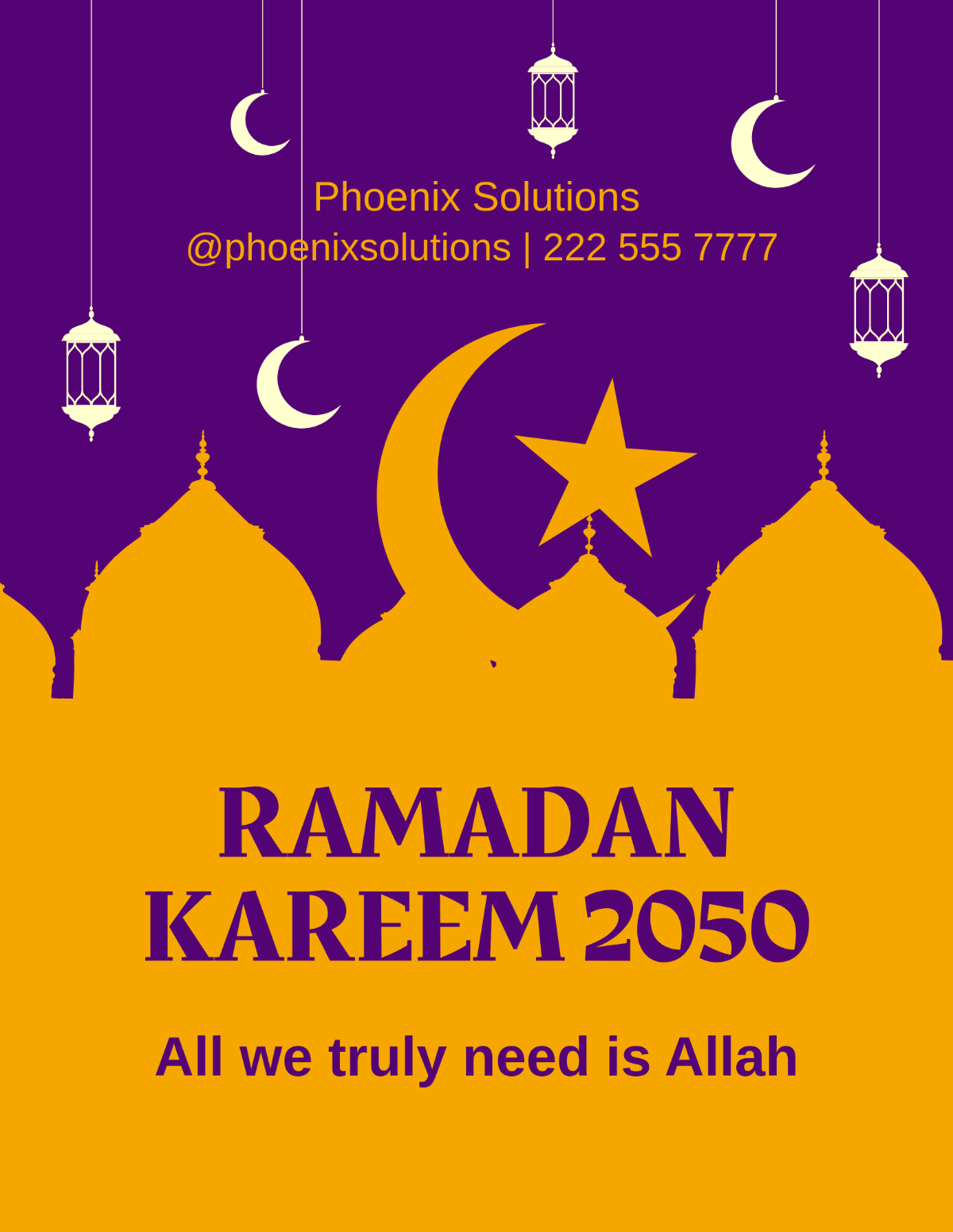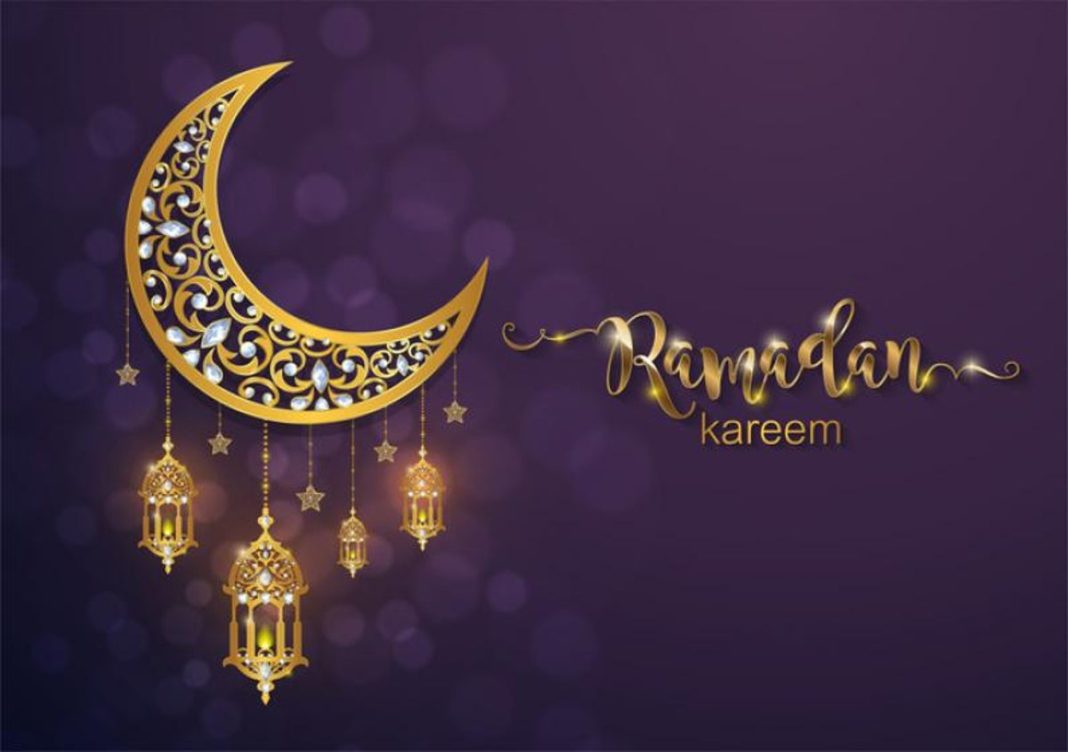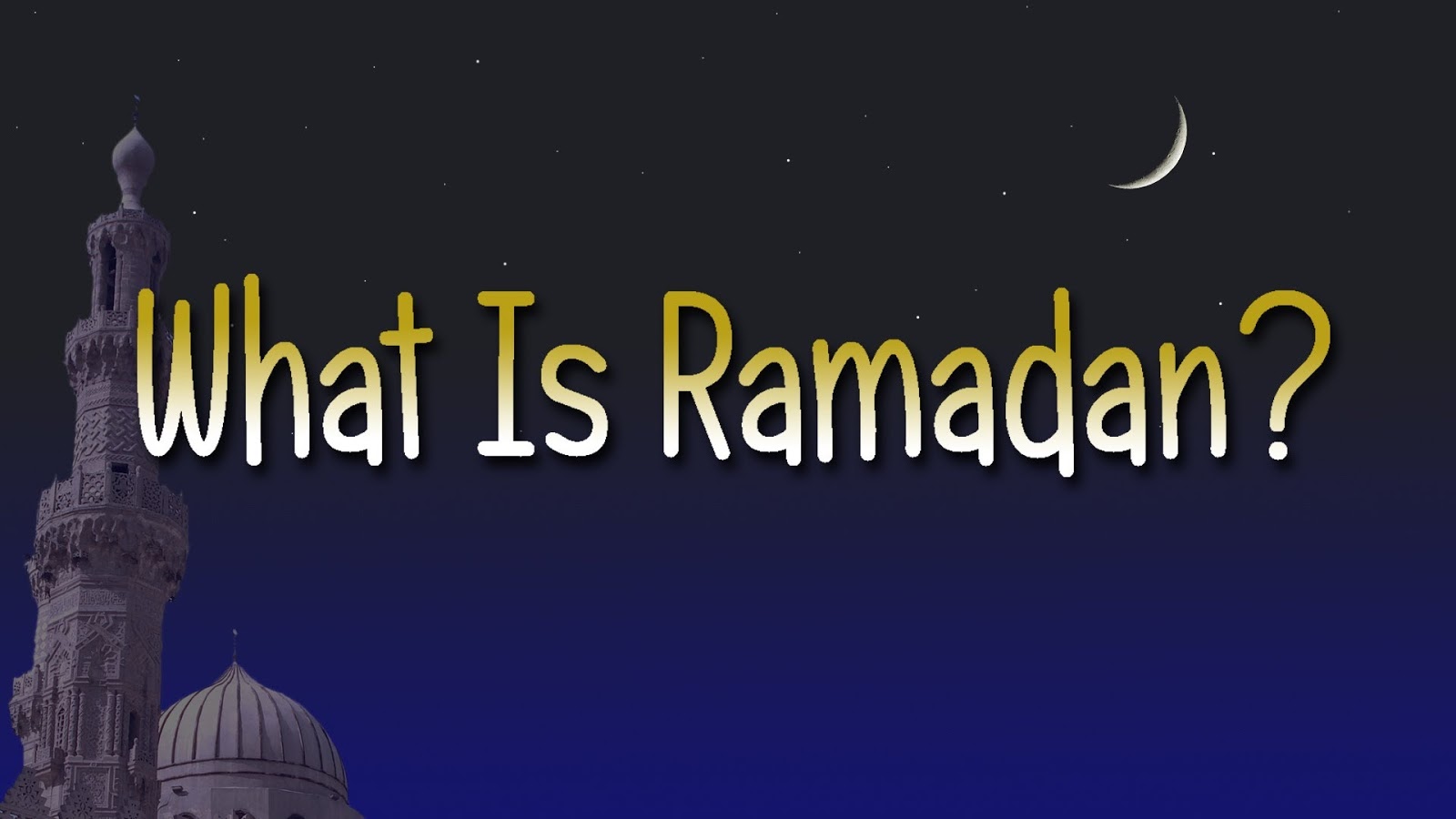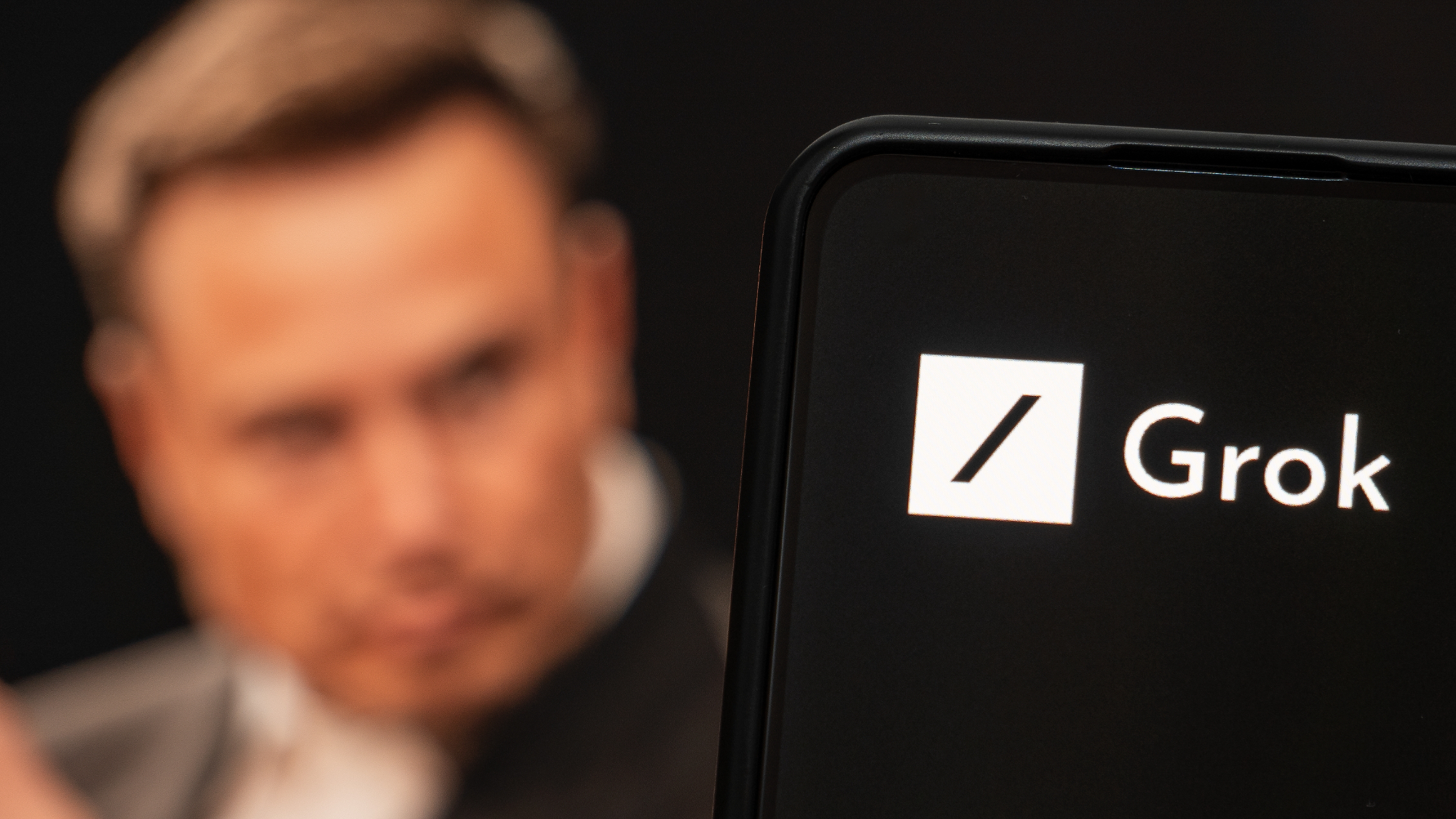Gallery
Photos from events, contest for the best costume, videos from master classes.
 | |
 |  |
 |  |
 |  |
 |  |
 |  |
After the month of fasting is over, a Muslim is required to keep the spirit of Ramadan as much as he or she can. Moreover, if he or she has missed fasting for some days in Ramadan for a valid justification, he or she should hasten to make up for them. Now that Ramadan is over, set aside just 10-15 minutes – maybe after Asr or Maghrib – to read or listen to the Qur’an. This will keep your relationship with the Qur’an alive and will help you hold onto the spiritual feeling you experienced during Ramadan. Once Ramadan ends, we need to ask ourselves a vital question ‘what to do after Ramadan to keep the Ramadan spirit alive’. In this article, we will discuss about life after Ramadan and how to continue the good deeds and habits that you acquired during Ramadan. Explore the significance of life after Ramadan and the continued commitment to worship. As Muslims bid farewell to this blessed month, they reflect on the importance of seeking forgiveness through Istighfaar and the need to maintain their spiritual ties with Allah. So after Ramadaan the Muslim should continue to obey Allaah and should avoid sin and evil actions, as a continuation of the way he was during Ramadaan and the things that he did then to draw closer to the Lord of creation. Falling short in one’s commitment to Islam after Ramadan is manifested in many ways, including: Men leaving the five prayers in congregation, after they filled mosques for Taraweeh prayers, thus going to the Masjid for recommended prayers and leaving obligatory ones. Make up your missed fast from Ramadan if you have any. Follow up your completed Ramadan with six more days in Shawwal. Revive your Tarawiy spirit with Qiyamu Layl. If the fast of Ramadan has ended, then you have the voluntary fasts and occasions such as the six days of Shawwal, Mondays and Thursdays, the white days, the tenth day of Muharram, the Day of ‘Arafah, and so on. What happens after Ramadan? In a natural sense, we know that seasons change. There’s winter, spring, summer, and fall; similarly, we experience fluctuating phases in our spirituality. When Ramadan ends, many of us are consumed with the innate fear that our spirituality may diminish, oftentimes accompanied by a sense of sadness to see Ramadan go. What is there after Ramadan? Do the lessons of Ramadan end with it, or continue after it? To answer this question, we shall briefly go over these lessons: Fasting. We’ve learned from fasting how to soften our souls and break their desires and performing the concept of Ubudiyah (servitude) to Allah alone. Good Habits After Ramadan. Do we go back to our old ways, pre-Ramadhan, or do we keep on improving to be the best versions of ourselves, post-Ramadan? How do we maintain the good deeds in Ramadan and turn them into good habits, after Ramadan? According to a study published in the European Journal of Social Psychology, a habit is formed on This standing firm should continue from one Ramadaan to the next, because the Prophet (peace and blessings of Allaah be upon him) said: “From one prayer to the next, from one Ramadaan to the next, from one Hajj to the next, this expiates for whatever (sins) were committed from one to the next, so long as you avoid major sins.” After Ramadan, comes a festival of celebration for Muslims around the world called Eid or Eid-al-Fitr. This year, Eid-Al-Fitr will occur on Saturday on the 21st of April. Eid-Al-Fitr is a joyous occasion which binds together families, friends and communities in celebration after a month of fasting, self-reflection and prayer. The Daily Routine During Ramadan. During Ramadan, the daily routine of a Muslim revolves around fasting and prayer. The day typically starts before dawn with a pre-fast meal known as Suhoor. After this, the fast begins and continues until sunset, when the fast is broken with a meal called Iftar. Ramadan, in Islam, the ninth month of the Muslim calendar and the holy month of fasting. It begins and ends with the appearance of the crescent moon. Islamic tradition states that it was during Ramadan that the Prophet Muhammad received the first revelations of the Quran. Simply put, Ramadan will always arrive eleven days earlier than it did the preceding year. How Long Is Ramadan? The month of Ramadan lasts 29 or 30 days, depending upon the sighting of two new moons. The first one signals the start of Ramadan and the second one determines the end of the sacred month and the beginning of Shawwal. Ramadan comes at a time of massive change for many Muslims, including those in Gaza and Syria. Next up in 5. Example video title will go here for this video. Many of us strove to complete the Qur’an this Ramadan and were thus spending at least an hour per day listening to or reading the Qur’an. Now that Ramadan is over, set aside just 10-15 minutes – maybe after Asr or Maghrib – to read or listen to the Qur’an. This will keep your relationship with the Qur’an alive and will help you hold Holy Month of Ramadan, has just passed.Besides educating us, it provides an opportunity for us to win double rewards as well as to increase faith and belief in Allah. In the month of Ramadan, we usually take the opportunity to practice Sunnah (the way of the prophet Muhammad S.A.W.) such as Tarawih, Witir prayers, read the Quran, to give charity and so on to get maximum rewards from Allah. An Nahl (16) 92: And do not be like she who untwisted her spun thread after it was strong. Therefore, whoever falls into negligence after diligence, or returns to sins after leaving them, spoils their triumph of obedience to Allah Almighty.
Articles and news, personal stories, interviews with experts.
Photos from events, contest for the best costume, videos from master classes.
 | |
 |  |
 |  |
 |  |
 |  |
 |  |